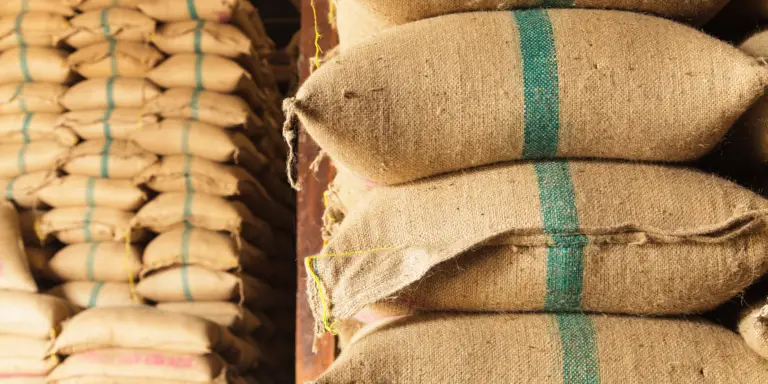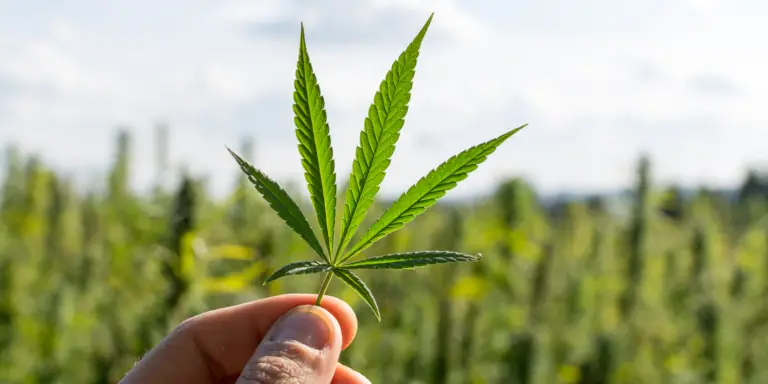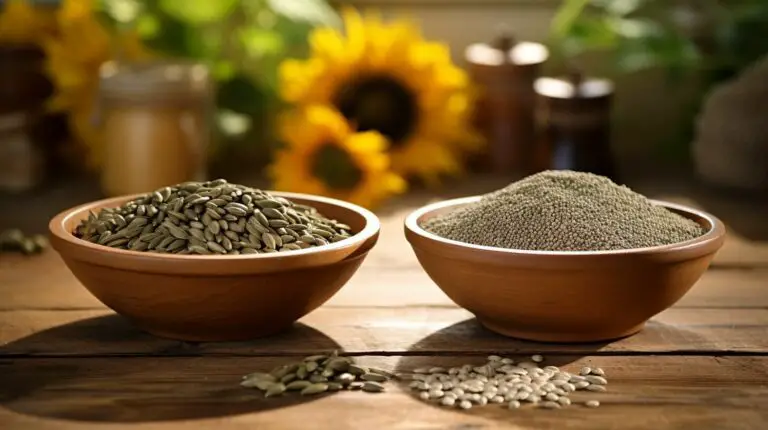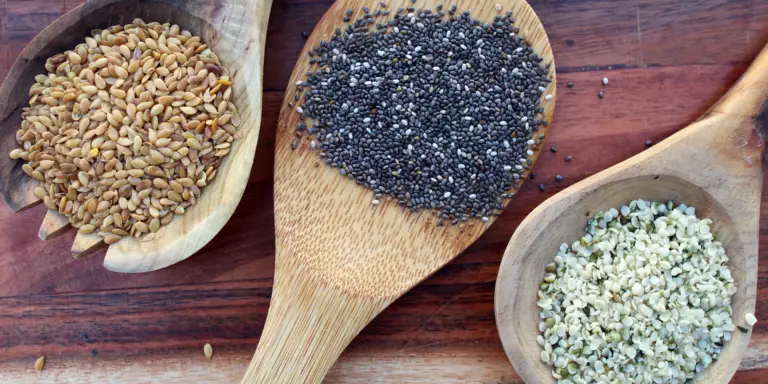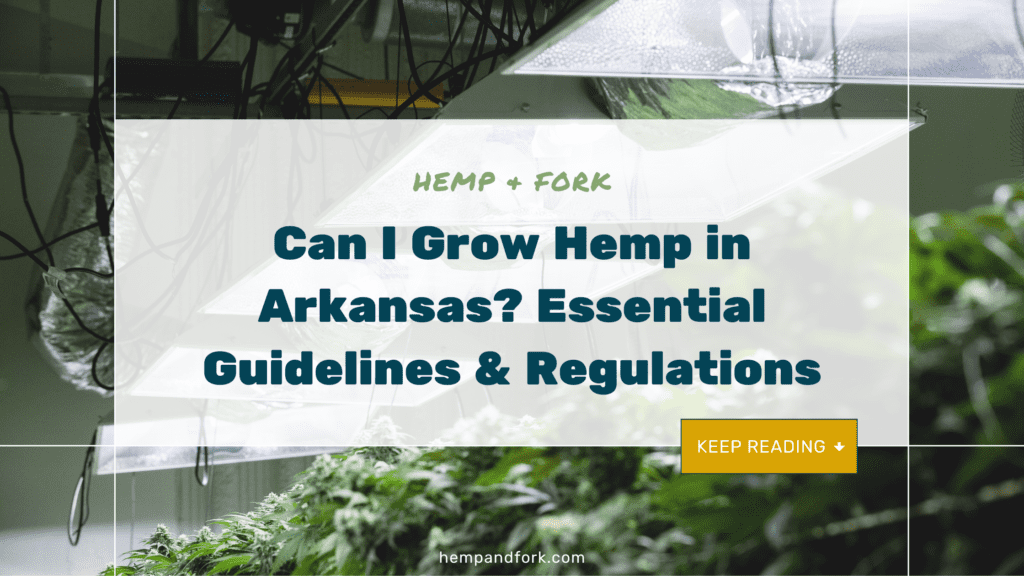
If you’re contemplating the question, “Can I grow hemp in Arkansas?” the answer is, yes! However, it’s pivotal to understand the guidelines and regulations surrounding hemp cultivation in this state. Arkansas has a dedicated program known as the Arkansas Hemp Program, sanctioned by the Arkansas Hemp Production Act of 2021 and the 2018 Farm Bill, which regulates hemp cultivation and processing in the state.
- The Arkansas Hemp Program licenses hemp growers and hemp processors/handlers.
- Legally sanctioned cultivation of hemp crops is facilitated for licensed hemp growers.
- Hemp processors/handlers can morph hemp crops into marketable products.
- Delve into all the details on the program’s website, including the program overview, rules, laws, and application guidelines.
- Specific deadlines are in place for outdoor growing applications.
Understanding the Arkansas Hemp Program
The Arkansas Hemp Program is a beacon of opportunity for individuals yearning to obtain a license for hemp farming in the state. This program, a product of the Arkansas Hemp Production Act of 2021 and the 2018 Farm Bill, has legalized the cultivation and processing of hemp for commercial objectives.
Licensing Avenues
The Arkansas Hemp Program serves as a conduit for aspiring hemp cultivators to obtain the necessary licenses for farming hemp in the state. The legal framework provided by the Arkansas Hemp Production Act of 2021 and the 2018 Farm Bill underpins this program, legitimizing the cultivation and processing of hemp for commercial use. There are two main licensing avenues: hemp growers and hemp processors/handlers.
Growers vs Processor/Handlers
As a licensed hemp grower, you’re granted the legal latitude to nurture hemp crops on your farm encompassing planting, harvesting, and processing the hemp into an array of marketable products like seed oil or CBD oil. Conversely, being a hemp processor/handler empowers you to process the hemp crops cultivated by licensed growers into different end products.
Navigating the Program
To sail smoothly through the Arkansas Hemp Program, acquainting yourself with all requisite information and guidelines is imperative. A thorough perusal of the program’s website will offer a rich repository of essential overviews, rules, laws, and application instructions. A special emphasis should be laid on the deadlines for outdoor growing applications, and the restrictions regarding the sale or transfer of hemp materials within the state.
Regulatory Authorities
The helm of licensing and regulation is held by the Arkansas State Plant Board, which plays a pivotal role in nurturing and overseeing the hemp industry in Arkansas. Moreover, certain counties extend a lifeline of crop insurance to hemp producers, cushioning them against unforeseen adversities.
| Key Points | Details |
|---|---|
| Licensing | Obtain licenses from the Arkansas State Plant Board for growing or processing hemp. |
| Hemp Cultivation | Licensed individuals are allowed to legally cultivate hemp crops. |
| Hemp Processing | Processing of hemp crops into various marketable products is allowed for licensed handlers. |
| Program Information | Delve into the program’s webpages for detailed insights on regulations, deadlines, and more. |
| Crop Insurance | Certain counties offer crop insurance options to hemp producers for added protection and support. |
Regulations and Laws for Hemp Cultivation in Arkansas
Adherence to the regulations and laws governing hemp farming in Arkansas is non-negotiable for ensuring compliance. The Arkansas Hemp Program delineates the rules for cultivation and processing of hemp crops in the state.
Licensing Essentials
Compliance is the cornerstone of successful hemp farming in Arkansas. Ensuring adherence to the rules encapsulated in the Arkansas Hemp Program is crucial. This program mandates that both hemp growers and hemp processors/handlers obtain licenses from the Arkansas State Plant Board, thereby authorizing them to produce or process hemp crops.
Timely Application Submissions
An integral part of the Arkansas Hemp Program is the stipulated deadlines for outdoor growing applications. It’s paramount for growers to lodge their applications within the designated timeframe to stand a chance of securing a license for hemp production.
Sale and Transfer Limitations
Additionally, cognizance of the limitations on the sale or transfer of hemp materials within Arkansas is crucial. These restrictions are instituted to ensure a structured distribution and utilization of hemp crops, enabling a legally compliant operation and fostering industry growth in the state.
| Key Points | Details |
|---|---|
| Licensing Prerequisite | Essential for hemp growers and processor/handlers. |
| Outdoor Growing Application Timing | Adherence to specific deadlines is crucial for participation. |
| Sale/Transfer Restrictions | Awareness and compliance with sale or transfer restrictions are imperative. |
Familiarize yourself with the regulations and guidelines of the Arkansas Hemp Program to ensure compliance and maximize your opportunities in the hemp industry.
The Arkansas State Plant Board and Licensing Process
Licensing Authority
The Arkansas State Plant Board is the linchpin in the licensing process for aspiring hemp cultivators in Arkansas. Under the auspices of the Arkansas Hemp Program, this board shoulders the responsibility of issuing licenses to eligible individuals for industrial hemp production.
Application Guidelines
For a seamless application process, a thorough understanding of the guidelines and regulations stipulated by the State Plant Board is vital. Moreover, adherence to the specific deadlines for outdoor growing applications and the restrictions on the sale or transfer of hemp materials within Arkansas is mandatory for compliance.
| Program Information | Application Deadlines | Restrictions |
|---|---|---|
| Arkansas Hemp Program | Specific deadlines for outdoor growing applications | Sale or transfer restrictions on hemp materials |
Collaborative Progression
A collaborative endeavor with the Arkansas State Plant Board and adherence to the licensing requisites can unlock the doors to the thriving hemp industry in Arkansas for aspiring farmers. The State Plant Board ensures that the hemp cultivation ecosystem operates within the legal framework set forth by the Arkansas Hemp Program, thereby promoting a safe and compliant milieu for hemp cultivation and processing.
Deadlines for Outdoor Growing Applications
It’s important to be aware of the deadlines for outdoor growing applications if you’re interested in hemp farming in Arkansas. The Arkansas Hemp Program sets specific timelines for submitting applications to participate in outdoor cultivation. These deadlines ensure that the program can effectively manage the licensing process and provide adequate oversight for hemp growers.
In 2023, the deadline for submitting outdoor growing applications in Arkansas is April 28th. This means that individuals who wish to grow hemp must ensure their applications are completed and submitted by this date to be considered for a license. It’s crucial to adhere to this deadline to avoid missing out on the opportunity to participate in the Arkansas Hemp Program for that particular year.
Applicants should carefully review all the guidelines and regulations outlined by the program and the Arkansas State Plant Board before submitting their applications. This ensures that all necessary requirements are met and increases the chances of a successful application. It’s also advisable to reach out to the program’s representatives or attend informational workshops to gain a better understanding of the application process and any updates or changes.
| Important Dates | Description |
|---|---|
| April 28th, 2023 | Deadline for outdoor growing applications |
| April 28th, 2023 | Renewing deadline for growers and processor/handler |
| Accepted All Year | Deadline for indoor growers |
| Accepted All Year | Processor/Handler applications |
Remember, the Arkansas Hemp Program plays a vital role in regulating and supporting the cultivation of hemp in the state. By adhering to the deadlines and following the guidelines, you can ensure a smooth application process and increase your chances of becoming a licensed hemp grower in Arkansas.
Restrictions on Sale or Transfer of Hemp Materials
The commerce involving hemp materials in Arkansas is tethered to certain restrictions and regulations, a move to ensure alignment with the Arkansas Hemp Program’s guidelines.
Licensing and Transactions
As per the program’s stipulations, the sale or transfer of hemp materials can solely occur between individuals bestowed with valid licenses by the Arkansas State Plant Board. This framework ensures that transactions involving hemp materials are conducted within the legal purview.
Transport and Documentation
Furthermore, the transportation of hemp materials mandates the carrying of documentation affirming the origin and legality of the materials. This documentation could span invoices, shipping manifests, or any other relevant paperwork substantiating compliance with the program’s regulations.
Compliance Audits
To bolster compliance, the Arkansas Hemp Program may orchestrate periodic inspections and audits to ascertain that all sales and transfers of hemp materials resonate with the program’s guidelines. Any deviation from these restrictions could culminate in penalties or even the revocation of licenses.
Crop Insurance Options for Hemp Producers
Hemp cultivators in designated counties of Arkansas can avail themselves of crop insurance options, providing a safety net against potential adversities. This insurance framework is part of the broader Arkansas Hemp Program, aiding growers in safeguarding their investments against a myriad of risks including adverse weather conditions, pests, and diseases.
Insurance Coverage Spectrum
The advent of crop insurance for hemp producers marks a significant milestone in the industry, offering a semblance of reassurance and stability to farmers. With insurance coverage, growers can channel their focus on cultivating high-quality hemp devoid of anxieties over unforeseen calamities that might jeopardize their harvest.
Exploring Insurance Options
It’s imperative for hemp cultivators to be conversant with the specific insurance programs and eligibility requisites within their respective counties. Typically, insurance coverage is extended by private firms sanctioned by the United States Department of Agriculture (USDA) Risk Management Agency (RMA), tailoring policies to the unique exigencies and risks intrinsic to hemp cultivation in Arkansas.
Tailored Insurance Guidance
For a nuanced understanding and selection of insurance coverage, producers are advised to consult with insurance agents adept in hemp crop insurance. These agents can provide tailored guidance on policies that align with the specific needs and risk profiles of individual farms.
By leveraging crop insurance, hemp producers can shield their investment, fostering a sense of tranquility which in turn allows them to concentrate on amplifying the potential of their hemp crops. Staying abreast of the latest updates and offerings in crop insurance options is instrumental for making informed decisions and fortifying farming operations.
Conclusion
Understanding the guidelines and regulations for growing hemp in Arkansas is crucial for individuals interested in entering the hemp farming industry. The Arkansas Hemp Program provides licensing opportunities for hemp growers and processors/handlers, allowing them to legally produce and process hemp crops. It is important to thoroughly review the program’s information and deadlines, as well as familiarize yourself with the restrictions on the sale or transfer of hemp materials within the state. The Arkansas State Plant Board is responsible for issuing licenses and can provide further guidance. Additionally, consider exploring crop insurance options available in certain counties to protect your investment and mitigate risks.
FAQ
Source Links
- https://www.uaex.uada.edu/farm-ranch/crops-commercial-horticulture/industrial_hemp/
- https://www.farmers.gov/your-business/row-crops/hemp
- https://www.agriculture.arkansas.gov/plant-industries/feed-and-fertilizer-section/hemp-home/
